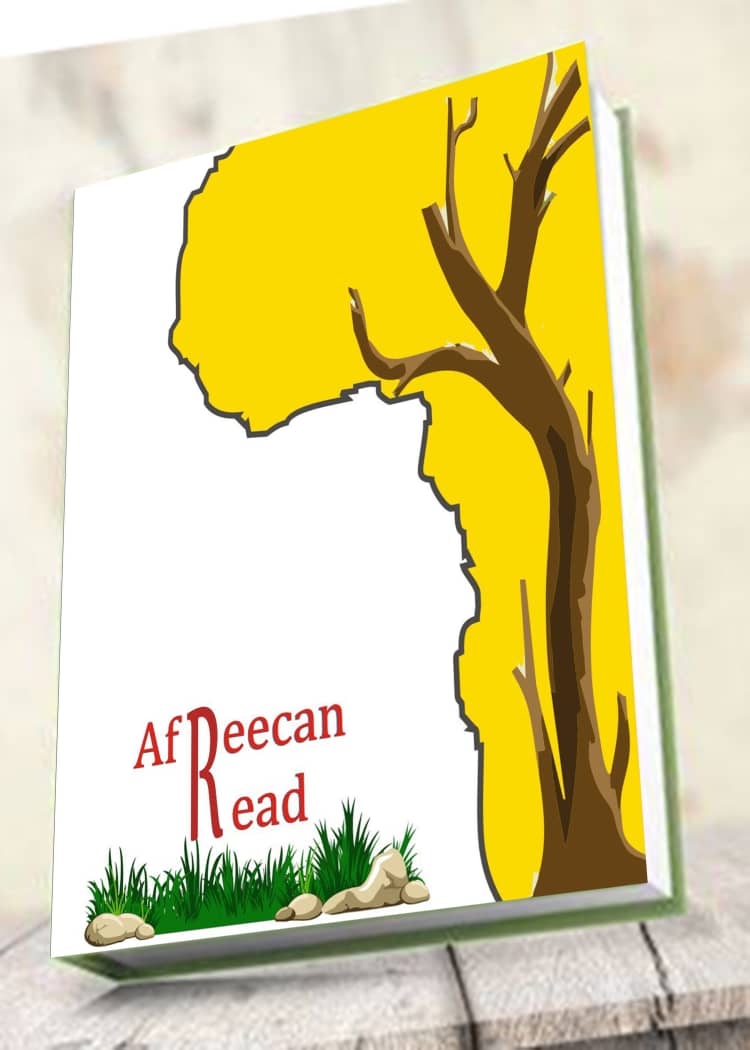photo credit: cmc.edu
On Thursday afternoon, 8th October, the Swedish academy, at a news conference in Stockholm announced Louise Glück as the winner of the 2020 Nobel Prize in Literature “for her unmistakable poetic voice that with austere beauty makes individual existence universal.”
The award seeks to honor authors who have produced “in the field of literature the most outstanding work in an ideal direction” according to the Will of Swedish Industrialist, Alfred Nobel. This mostly involves an author’s entire body of work and in some instances, Individual works can earn an author the award. Since its inception in 1901, the award has been awarded 113 times to 117 Nobel Laureates thus making Glück the 117th Nobel Laureate and the 16th woman to win the award. Other women to have won the award include Selma Lagerlof in 1909, Grazia Deledda in 1926, Sigrid Undset in 1928, Pearl Buck in 1938, Gabriela Mistral in 1945, Nelly Sachs in 1966, Nadine Gordimer in 1991, Toni Morrison in 1993, Wislawa Szymborska in 1996, Elfriede Jelinek in 2004, Doris Lessing in 2007, Herta Muller in 2009, Alice Munro in 2013, Svetlana Alexievich in 2015, and Olga Tokarczuk in 2018.
Glück is a Poet in the United States and was born in April 22, 1943 in New York City. She has published over 12 collection of poetry and two books of essays. Her Previous awards include the Pulitzer Prize in 1993 for her collection of poetry, Wild Iris, the National Book award in 2014 for her collection, Faithful and Virtuous night. Her works, Vita Nova, and Averno were all finalists for the National Book Award. Her other works, The Seven Ages and a Village life were both finalists for the National Book Critics Circle Award. She was also a US Poet laureate from 2003-2004. Her Poetry tends to revolve around trauma, death, loss, the failure of relationships and healing. Her works was tagged by Alfred Olsson, Chairman of the Nobel Committee, to be “Candid and uncompromising, possessing humor and biting wit” and that the poet seeks to be understood. He also mentioned that despite the significance of autobiographical material in her works, she is not to be regarded as a confessional poet as she seeks universality and it is this universality in her works that has earned her a wide readership.
Glück is currently an adjunct professor and Rosenkranz Writer-In-Residence at Yale University She lives in Cambridge, Massachusetts and would give her Nobel Prize Speech in the United States owing to the Corona Virus restrictions.


Recent Comments